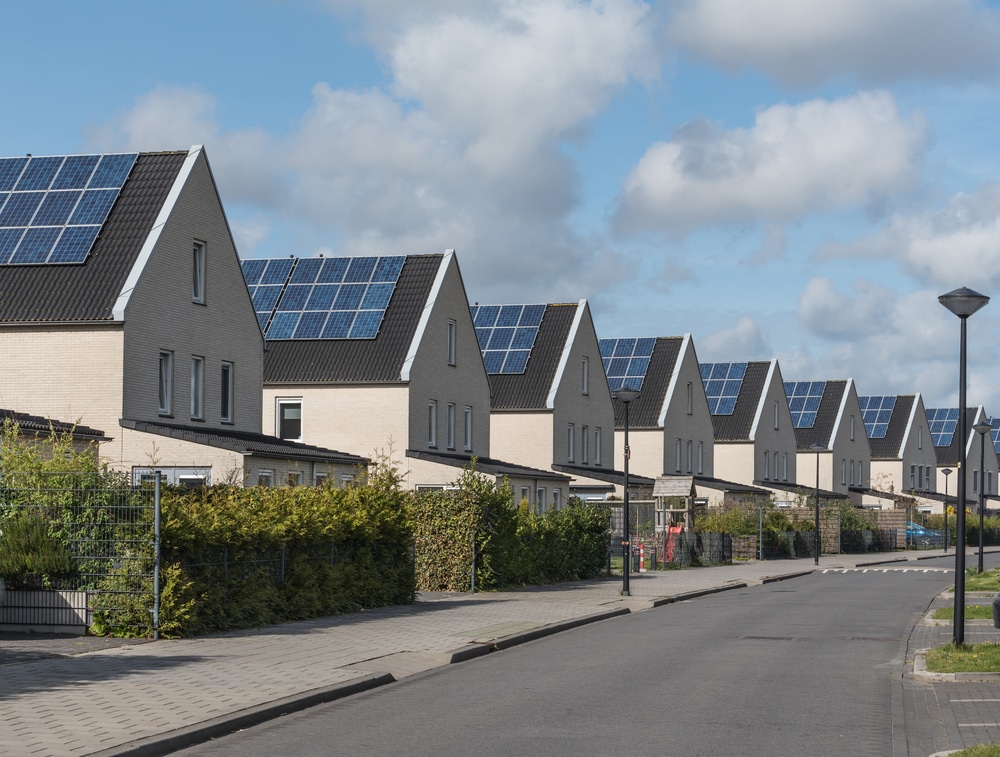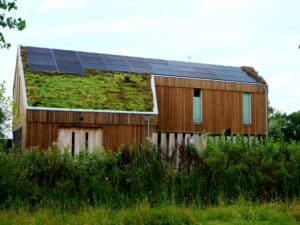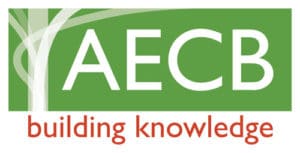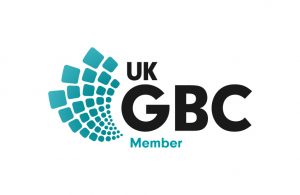On December 13 2023, the Department for Levelling Up, Housing and Communities (DLUHC) released the much anticipated consultation on the Future Homes Standard. The consultation focused on changes to Part 6, Part L and Part F of the building regulations for dwellings and non-domestic buildings, while seeking evidence on Part O.
The concept behind the Future Homes Standard is that it’s an energy-efficiency standard which will deliver ‘zero-carbon ready’ new homes, which could lead to zero carbon emissions once the electricity grid has decarbonised.
The eagerly anticipated consultation will be of particular interest to:
- Property developers and builders
- Construction industry professionals, for example, installers, architects, designers, engineers, surveyors and sub-contractors
- Manufacturers and suppliers of construction materials
- Environmental organisations
- Local authorities, other building control bodies and competent person scheme operators
- National representatives and trade bodies
- Professional bodies and institutions
- Research and academic organisations
- Energy sector professionals
- Public health professionals
It is ongoing until 11:59pm on 6 March 2024.
What is the Future Homes Standard Consultation?
The Future Homes Standard consultation is centred around finalising Government plans for achieving the Future Homes Standard and Future Buildings Standard. The overall aim is to decarbonise new homes by focusing on improving heating, hot water systems, and reducing heat waste; the ultimate goal being to create homes that are ‘fit for the future’ and far less damaging to the planet.
The consultation leads on from initial details first proposed in the 2019 consultation. Following the current consultation, new standards will be implemented in 2025.
What is the Future Homes Standard Consultation proposing?
As outlined in the government’s consultation, the Future Homes Standard represents a major (and exciting) transformation in building practices, with a huge focus on minimising carbon emissions and enhancing energy efficiency.
Just some of the changes proposed include:
Maintaining Insulation Standards.
A really notable part of the new standards is the approach to insulation. Insulation levels in the Future Homes Standard remain largely consistent with previous building standards: the aim being to embody realistic innovation. This means there won’t be drastic changes, however there is a clear commitment to energy efficiency within the insulation framework.
The Shift to Low-Carbon Heating.
The standards explicitly rule out gas boilers, hydrogen boilers, and hybrid systems in new homes, emphasising air-to-water heat pumps as the primary method for heating and hot water provision and completely eradicating fossil fuels for heating.
Evaluating Heating System Efficiency.
The standards also place a magnifying glass on the efficiency of different heating systems. Direct electric heating systems, such as infra-red electric panels, are now seen as less efficient due to their Coefficient of Performance (COP) of 1.0, which is completely minimal in comparison to the Seasonal Coefficient of Performance (SCOP) of 3.5 common with heat pump systems.
Challenges with Emitter Selection
Low-temperature systems like heat pumps are prioritised in the new standards, meaning that the selection of appropriate emitters becomes crucial. An example here is that traditional radiators would need to be far larger: there’s a ripple effect, consequently, on space and aesthetics.
Part O
The standards highlight a proposal to widen the scope of Part O to apply where there is a material change of use and a call for evidence to cover where adding an extension or conversion impacts overheating risk on existing buildings.
The intention is that Part O will be updated based on responses centred around the implementation of Part O in new homes: right now, there is no timeline. In particular, the consultation is looking to collect views on the simplified method, detailed method and other key areas of the Approved Document.
YOU MIGHT LIKE: CLEANING UP PART O | BUILDPASS INVESTIGATES
What does Buildpass think?
Andrew Sadler, Director at Buildpass, said:
“We’ve been waiting for the Future Homes Standard consultation for (what feels like!) a very long time, and so I welcome any and all information on the changes that may be coming into effect. The Future Homes Standard will play a pivotal role in our overall goals for reaching net zero by 2050; but it will mean more and more people getting to grips with the latest generation of clean technology and renewable energy.
“For us, this is exciting. Developers will have to play their part in cutting carbon emissions and delivering homes that feed into the environmental revolution. It’s what we’ve always been about at Buildpass; helping people craft more efficient, sustainable and conscious homes.
“We’re looking forward to more updates as the consultation progresses and seeing the fruits of its labour come into effect in 2025.”




















